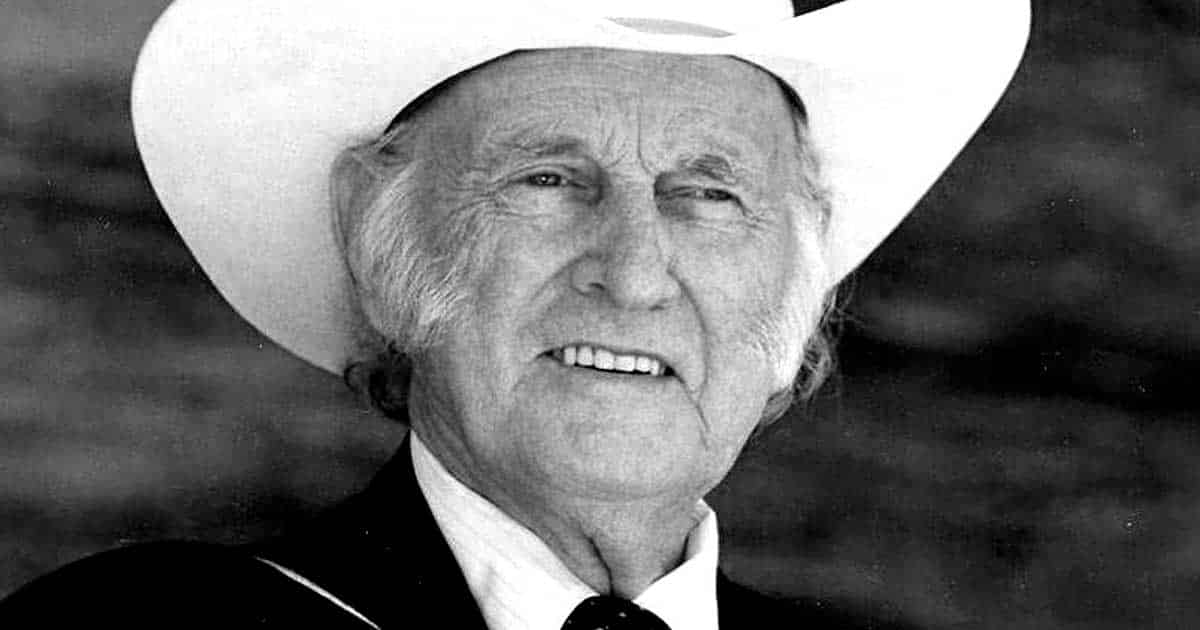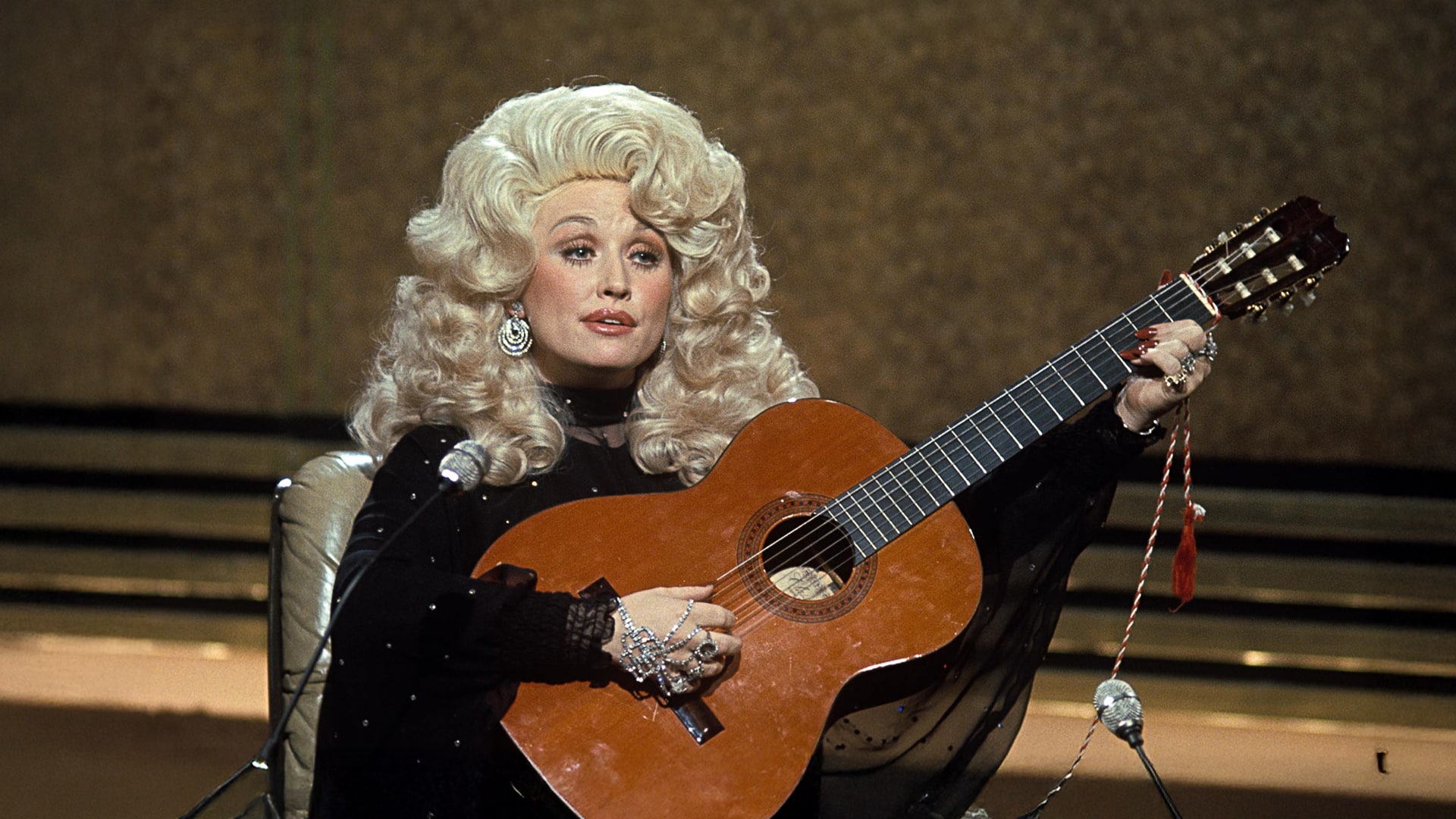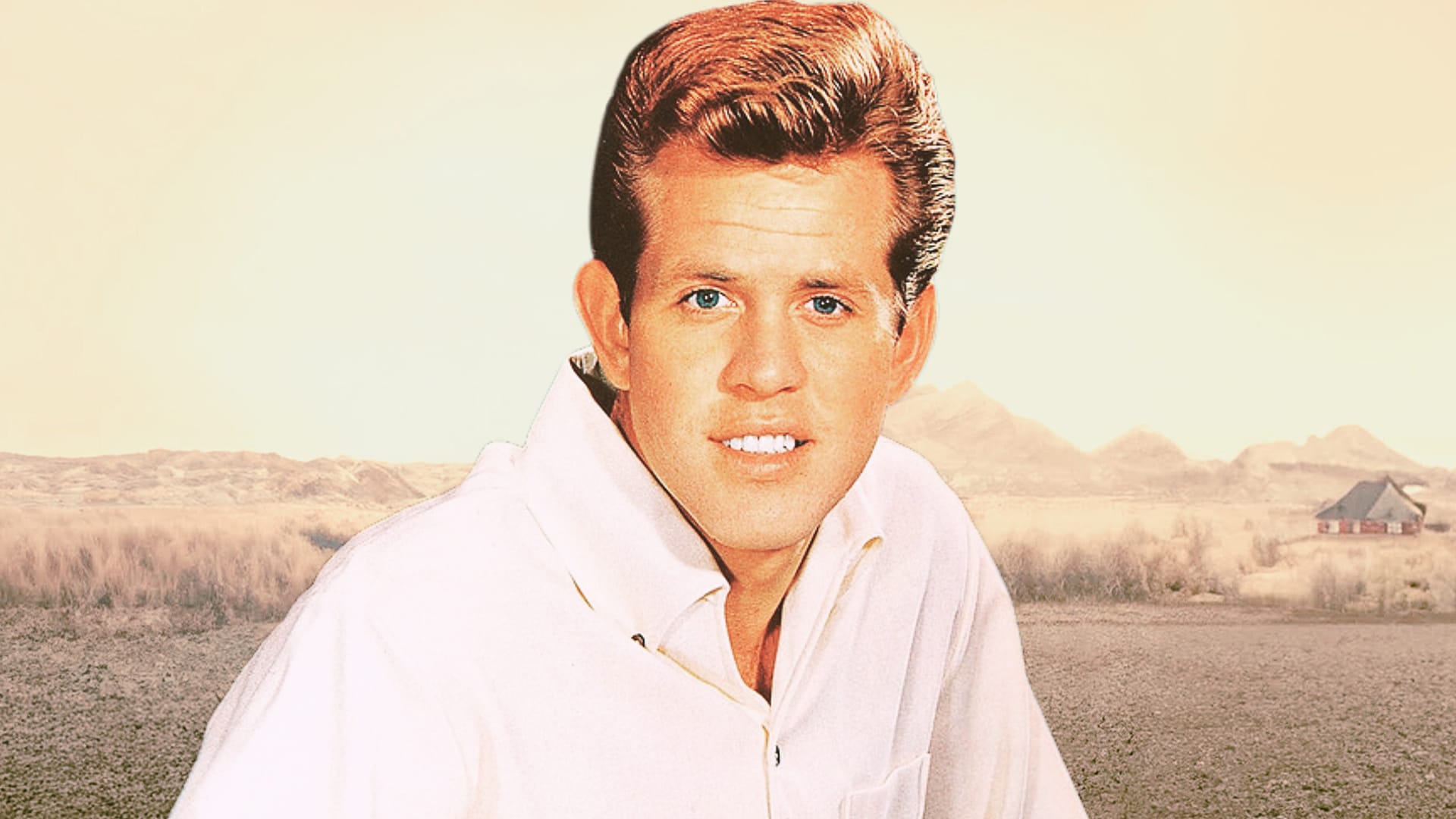American mandolinist, singer, and songwriter William Smith Monroe is credited with creating bluegrass music. As a result, he is usually regarded as the “Father of Bluegrass.” The band The BlueGrass Boys, who performed the typical instruments for a bluegrass band, including fiddle, mandolin, banjo, guitar, and upright bass, is credited with giving the genre its name.
Bill Monroe was the eighth and youngest child, he grew up on a farm. According to Monroe’s biographer Richard D. Smith, Bill was born with a condition that caused one of his eyes to be crossed and seriously impair his vision; he was bullied for that. Smith claims that the musician sincerely used his talent to work through his childhood suffering, which was apparent in his songs.
While suffering colon cancer in 1981, he produced and released “My Last Days on Earth,” and those twilight years lasted 15 years. Despite his failing health, Monroe continued to perform and travel. He was able to beat cancer, though in 1991, he had a double heart bypass.
The last time Monroe performed was on March 15, 1996. Bill Monroe’s health problems started to impact him. Following a stroke in April, he was no longer capable of playing the mandolin or the guitar, and so he put an end to his performing and touring career. Four days before he turned 85, on September 9, 1996, Monroe passed away in Springfield, Tennessee after suffering from a stroke.
Bill Monroe has undoubtedly had the most influence on American popular music, according to the majority of people. He was the originator of bluegrass and had an influence on the folk revival as well as country music. Early rock musicians Carl Perkins, Buddy Holly, and Elvis Presley all idolized Monroe. To this day, Bill Monroe songs inspire a new breed of artists. He had a big impact on American music as a whole, even if he might not have had the same direct impact as other artists had.


















